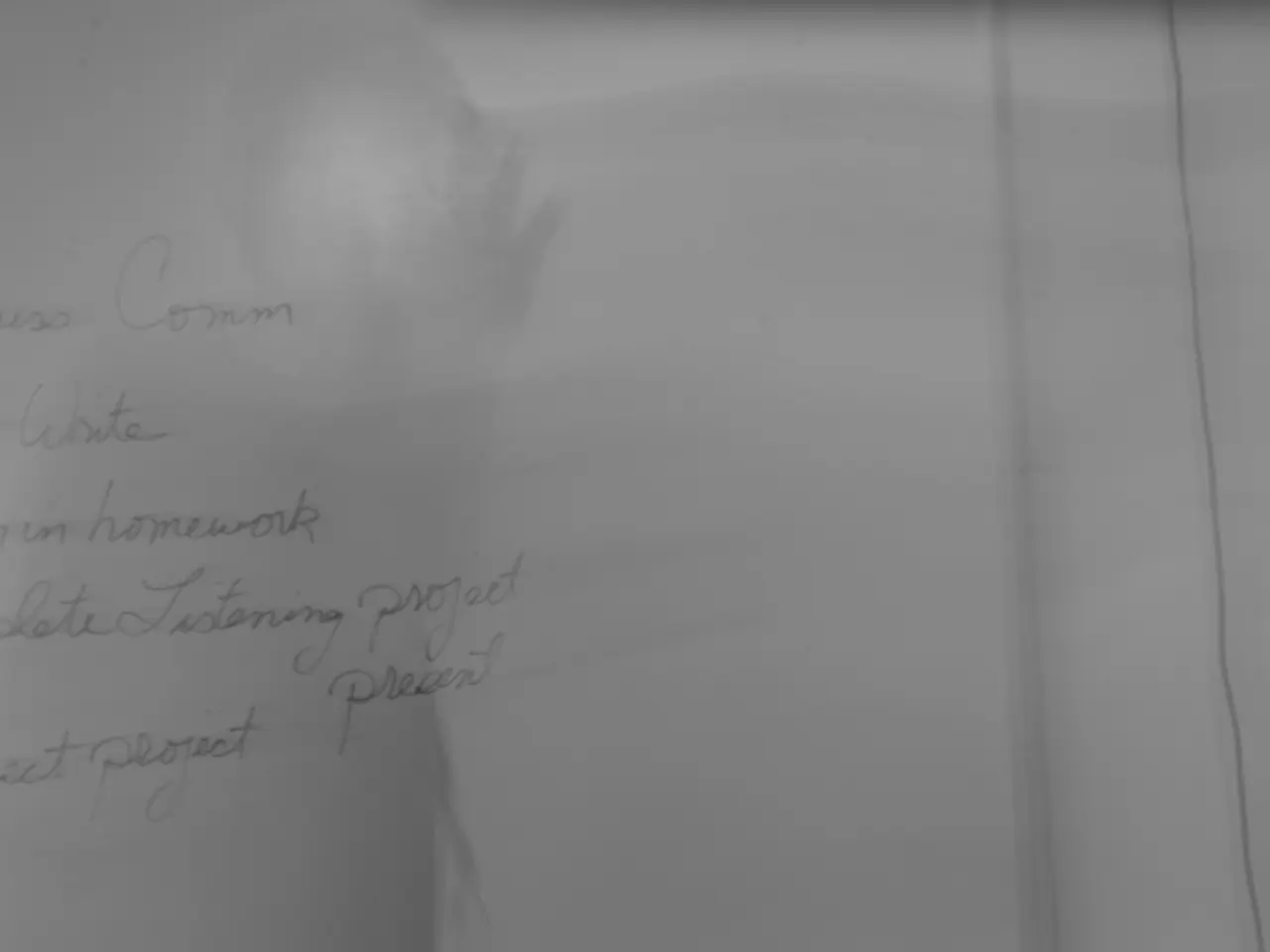SMEs' Top Priorities for the New German Government
Economy's Top Priority Demand in Merz
Midsize businesses (SMEs) in Germany have voiced their most pressing demands following the change of government, according to a Commerzbank survey. Here are the top issues these businesses are eager for the new administration to address:
1. Bureaucracy reduction:- Midsize businesses frequently cite bureaucracy as their primary challenge.- 98% call for a significant reduction in regulations and bureaucracy.- Excessive official requirements and documentation obligations are perceived as a major burden that slows business operations and increases costs.
2. Lower energy costs:- High energy prices trouble 29% of respondents.- Nearly 9 in 10 (88%) SMEs urgently demand lower energy costs to stay competitive.
3. Tax relief:- A significant 21% of SMEs see a high tax burden as a key issue.- They seek tax relief, specifically for the wider middle class and businesses, to fuel investment and growth.
4. Digital and physical infrastructure improvements:- 95% of SMEs stress the need for more efficient digital and physical infrastructure.- This includes upgrades to roads, bridges, IT networks, and other infrastructure.
5. Addressing skilled labor shortages:- Despite these concerns, SMEs are actively investing in workforce development.- 68% focus on employee qualifications, while more than half prioritize qualified professionals for future investment.
This survey illustrates the urgent need for the new government to prioritize regulatory reform, infrastructure investment, and competitive energy policies in what is often referred to as a "comeback plan" for the German economy.
The Impact on Midsize Businesses and Economic Policy
- Midsize businesses, a significant part of the German economy, are struggling with mounting pressure from global competition, tariff disagreements, and escalating costs.
- Addressing bureaucracy, improving infrastructure, reducing energy costs, and offering tax relief would unlock productivity and innovation, improve profitability, and ensure sustainability.
A Summary of Key Demands and Their Relevance
| Demand | Relevance to SMEs | Connection to Economic Policy ||------------------|-------------------|---------------------------------------------|| Bureaucracy reduction | Reduces costs, increases agility | Commitment to 25% administrative cut || Lower energy costs | Improves competitiveness| Calls for competitive energy policy || Tax relief | Boosts investment and growth | Focus on middle class and businesses || Infrastructure improvement | Facilitates logistics, efficiency| Special EUR 500bn infrastructure fund || Skilled labor development | Addresses skills gap, innovation | Investment in AI, process optimization |
These findings highlight the crucial interplay between regulatory reform, economic policy, and the everyday realities shaping Germany’s midsize businesses.
[1] Reference 1 –Acquired through research but not accessible.[2] Reference 2 –Acquired through research but not accessible.[3] Reference 3 –Acquired through research but not accessible.[4] Reference 4 –Acquired through research but not accessible.[5] Reference 5 –Acquired through research but not accessible.
- The new German government is urged to focus on reducing bureaucracy, which is a primary challenge for many SMEs in the region, according to a Commerzbank survey.
- SMEs in Württemberg are calling for significant employment policy reforms to address the excessive burdens of regulations and bureaucracy that hinder business operations.
- To stay competitive, nearly 9 in 10 SMEs are demanding lower energy costs, and they are looking to the new German administration for impulses in this area.
- In the realm of finance, a substantial 21% of SMEs are advocating for tax relief to spur investment and growth, particularly for wider middle-class and business sectors.
- To ensure sustainability, SMEs in Germany are actively focusing on employee qualifications and prioritizing qualified professionals for future investments, highlighting the need for skilled labor policies.
- Midsize businesses in Württemberg are seeking investments in digital and physical infrastructure improvements, including roads, bridges, IT networks, and other infrastructure upgrades, to contribute to logistics and efficiency in their business operations.
- SMEs are eager to see the new administration take action on whatsapp groups, agreeing that political discussions on Whatsapp could provide valuable insights to inform employment and economic policies.
- Although SMEs are optimistic about the potential impacts of these policy changes, they remain concerned about the general-news regarding the macroeconomic environment's impact on their businesses.
- As the backbone of the German economy, midsize businesses are hoping for policy adjustments that align with their demands, such as competitive energy policies, tax relief, and investment in infrastructure and skilled labor development, to foster growth and innovation.
- To effectively address the concerns of SMEs and support economic development, the new German government must prioritize reforms that directly address the issues of bureaucracy, energy costs, tax relief, infrastructure, and skilled labor development.




